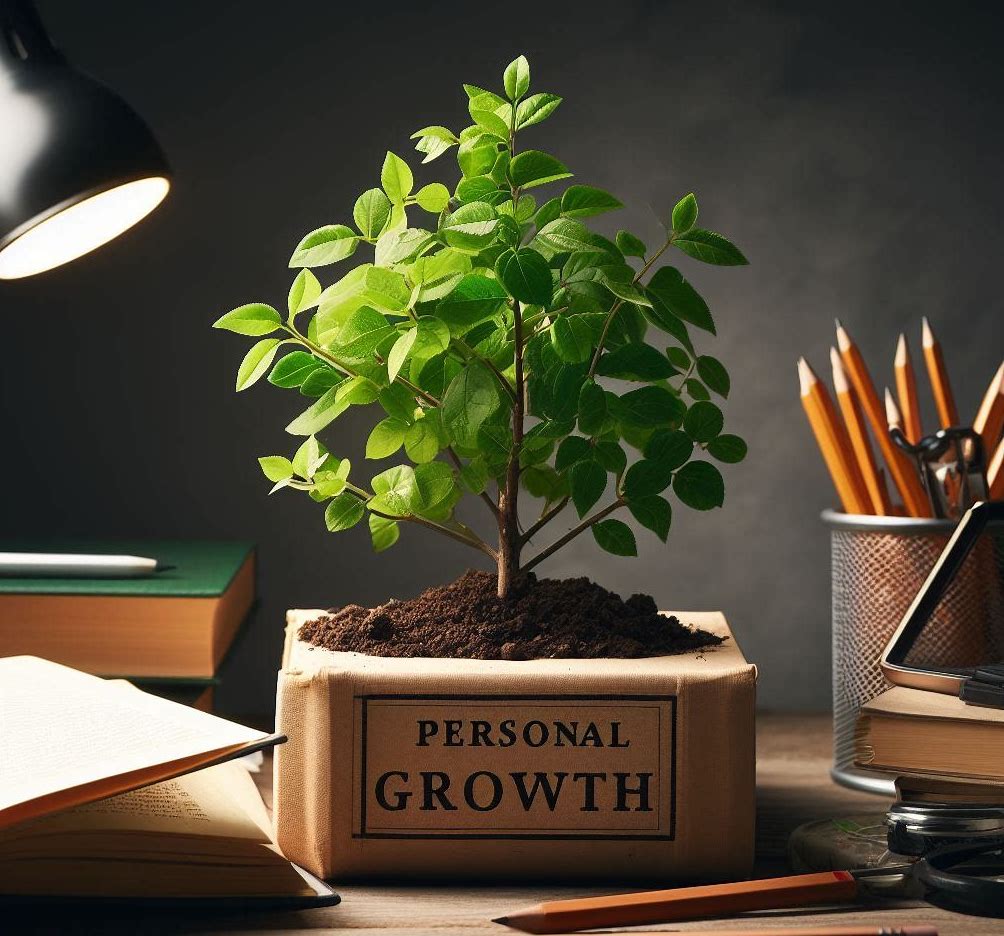How Moving Affects Your Personal Growth
Moving as Catalyst for Change
 Stepping into the unknown, moving, can often serve as a powerful catalyst for profound life changes. Moving signifies the beginning of a new chapter and the end of an old one. It necessitates leaving behind the familiar, often monotonous environment and embracing the fresh, uncharted one. With friction comes fire, and this move, while seemingly challenging, often provides a much-needed prompt to stir up the stagnancy and ignite change.
Stepping into the unknown, moving, can often serve as a powerful catalyst for profound life changes. Moving signifies the beginning of a new chapter and the end of an old one. It necessitates leaving behind the familiar, often monotonous environment and embracing the fresh, uncharted one. With friction comes fire, and this move, while seemingly challenging, often provides a much-needed prompt to stir up the stagnancy and ignite change.
One of the most significant opportunities wrapped within the cloak of moving, is the chance to declutter one’s life. Moving requires packing up your world and choosing what gets to be part of the next chapter. This process often reveals the volume of unnecessary things accumulated over time, providing a perfect moment to liberate oneself from these literal and metaphorical burdens.
Moving shakes the foundation of your current priorities and asks for a reassessment. In the process of reestablishing, one gets a chance to align the external circumstances with their evolving internal state. It allows us to reprioritize our goals, needs, and desires based on the current phase of our life, thereby helping us create a lifestyle that is in synergy with the person we are growing into.
The fresh start that moving brings gives the chance to revamp one’s lifestyle. The lifestyle changes could be minor, like adding an exercise regime to your routine, or major, like starting a new career or returning to studies. These new beginnings stem from the deep-seated aspiration of living a life you’ve imagined, and moving may just be the stimulus needed to embark on that journey.
Moving is much more than a physical shift from one place to another – it’s a transformative process that forces you to reassess, reevaluate, and reinvent. It has the power to change the trajectory of your life, encouraging personal growth by aligning your life more closely with the person you aspire to be.
Development of Adaptability & Flexibility
One of the most enriching aspects of moving to a new environment is the development of key life skills such as adaptability and flexibility. These skills are required when you are plunged into a new set of circumstances that involve unfamiliar tasks, places, and diverse cultures. The initial stages of moving can be overwhelming, but it’s precisely at this moment that the human capacity for resilience shines the brightest. You learn to navigate through these complexities, unknowingly fine-tuning your ability to adapt and be flexible according to the situation.
Adaptability is a concept that extends beyond merely surviving in a new location. It involves understanding and responding to the new environment, learning its rhythms, and blending in. It can mean figuring out the most efficient routes to work, understanding local customs and etiquette, or even adapting to new cuisines and lifestyles. As you gradually accommodate these changes, your own adaptability begins to blossom.
Flexibility, on the other hand, is about remaining open and receptive to change. Moving to a new place often involves unanticipated situations and challenges. You might need to adjust your daily routine, recreate your social circle, or be flexible enough to accept that things might not turn out precisely as you envisaged. As you become more comfortable with these shifts, you develop an internal flexibility that is invaluable in life.
The development of these skills is critical for personal advancement. Adaptability and flexibility not only make you more resilient in the face of change but also foster a sense of curiosity and willingness to learn. The more adaptable and flexible you are, the better equipped you are to handle life’s curveballs.
In a world that is continuously evolving, these valuable skills gained from moving to new environments equip us to deal effectively with change. They prepare us for other ambiguous situations and unexpected obstacles in life, enhancing our ability to thrive through the trials and turbulations life throws our way. Ultimately, the experience of moving allows us to step out of our comfort zones, providing opportunities to grow, evolve, and become more dynamic individuals.
Dealing with the logistics of moving, unforeseen issues, or settling down in a new lonely place can be testing. But overcoming these problems not only brings a sense of accomplishment but also reinforces your capabilities to tackle hardships, instilling resilience.
The Power of Letting Go

One transformative aspect of moving relates to the process of decluttering, which has both a tangible and intangible significance. On the surface, this refers to the physical task of sorting through belongings, deciding what to take, and parting with items that no longer serve a purpose in the new chapter. However, on a deeper level, this decluttering process also involves letting go of emotional baggage that these possessions may represent, which can be equally, if not more, liberating.
Every item we own often carries an emotional weight, symbolizing various experiences, memories, or phases of our life. As we sift through these objects while preparing for a move, we revisit these emotions, sometimes unlocking forgotten memories. The process offers a unique opportunity to reflect on these past experiences and to consciously decide what emotional clutter we want to carry forward and what we would prefer to leave behind.
Letting go of things associated with our past can be a challenging yet cathartic process. It could mean parting with objects that trigger memories of significant milestones, past relationships, or past versions of ourselves. This is an essential part of moving forward, as it makes space for new experiences, memories, and personal growth. It helps in breaking free from the past and embarking on the new journey with less emotional weight.
This practice of letting go extends beyond physical items and can be applied to our feelings, attitudes, and expectations. Shedding these metaphorical weights can lead to improved emotional well-being and provide the perfect groundwork for embracing the new environment and its accompanying experiences.
The power of letting go, triggered by the moving process, can be a significant catalyst for emotional growth. It prompts us to treasure the memories and lessons from the past but simultaneously liberates us from any unnecessary emotional burdens attached. As a result, we master the art of moving on, equipped with valuable wisdom and an uncluttered emotional landscape, ready to welcome new experiences in our fresh environment.
Increased Independence and Self-Sufficiency
Often in life, stepping outside our comfort zones presents opportunities for personal growth. One such opportunity is moving to a new place, which propels individuals towards increased independence and self-sufficiency. The moving process exposes you to a range of tasks and decision-making scenarios, each of which bolsters your confidence and resourcefulness, significantly contributing to personal development.
Independence is not just about living alone or taking care of oneself; it’s about making decisions, solving problems, and taking responsibility for the consequences thereof, good or bad. When you move, every element from the logistics of the move to establishing routines in a new place falls on your shoulders. This responsibility naturally induces a heightened sense of independence.
All these experiences significantly enhance one’s self-confidence. Even the smallest victories like successfully setting up a new internet connection or negotiating with a landlord add up, reinforcing your belief in your capabilities. You realize that you are more capable and resourceful than you previously believed.
Other posts
© 2025 Local Movers. All rights reserved.
